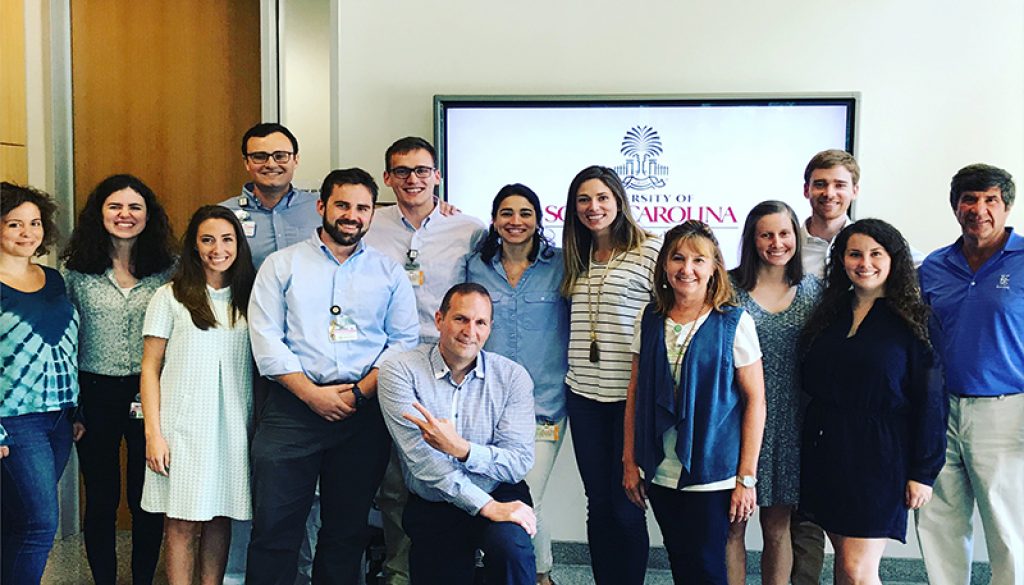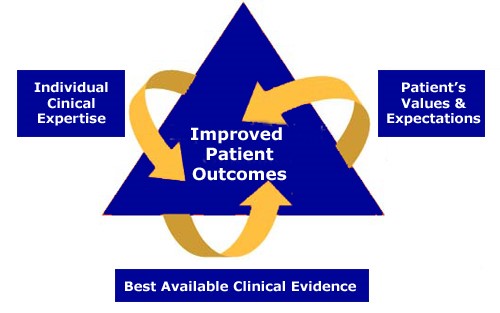Difficult and Overwhelming at Times
This line of work can be difficult and overwhelming at times.
I have actually heard some public officials who work in our addiction treatment industry say “don’t talk about the opioid crisis it will frighten people”. Classic denial at the system and institutional levels.
We need to talk about it. We need to be open about the depth of the problem. What will it take to stem the tide of addiction in our community, the region and the nation. When the final numbers are tallied, the Center for Disease Control (CDC) projects overdose deaths will exceed 60,000. At this point overdose is the number one killer of people under the age of 50.
Here in Greenville County overdose deaths topped the state at 79. Over 700 overdoses were reversed. It is likely that we are just beginning to see the epidemic manifest itself in the Upstate area. I hope I am wrong about this. In the meantime, we have alcohol continuing its rampage atop the list of destruction. Over 70 of our most serious health conditions can be traced directly to the misuse of alcohol. It is not a stretch to say that substance use disorders constitute the greatest public health challenge in American history.
We have support in place via treatment and recovery services. We have outstanding self-help groups available. We have an increase in options for treatment and we have made concerted efforts at breaking through the stigma. Yet the death rate continues to climb and our facilities are full. Many times, with the same clients over and over again. Recent research indicates that 70% of the people in treatment are repeat customers and only about 20% follow through on any programming following completion detox. We know we need to push the envelope of innovation where substance use disorders are concerned. We need to work hard at forging partnerships and we need to look outside the box to find these partnerships.
One such transformational collaboration has been unfolding over the past 2 years with University of South Carolina School of Medicine at Greenville Health System campus. The med school has welcomed FAVOR Greenville with open arms. We have presented on the topic of recovery on several occasions. Shared our stories of success and our struggles with addiction. It has been a great opportunity to expose future physicians to authentic recovery principles.
The relationship went to an entirely new level with initial FAVOR Greenville Recovery Coach Academy specialized week-long training for medical students. This 30 hours coaching curriculum is the only such training in the nation.
The comprehensive nature of the education and the collaboration makes the experience exceedingly unique and a model for healthcare across the country. We believe returning treatment services to healthcare will be a key part of winning the war on addiction. Fully integrated addiction treatment services will make a major difference in turning this thing around. We are very grateful for USC-Med School @ GHS and especially Lauren Demosthenes for making this possible.
We also believe that this symbolizes a much need paradigm shift. The med students in this class were exceptionally compassionate and open to helping people with substance use disorders.
It made me think: “perhaps these are the partnerships and healthcare is the pathway to transformation”.
If the medical field truly embraces addiction as a healthcare issue, the stigma will take a direct hit. As it currently stands, we know that most doctors do not address substance use disorders directly for a wide variety of reasons. The group we trained seemed to be wide open to having the necessary conversations. Most importantly, there was zero stigma or judgement in the classroom and this is a very hopeful development.
Over the next year, these coaches will serve as volunteers and support FAVOR Greenville as we work toward connecting with participants across multiple healthcare venues. The potential benefits are limitless.
“It makes us wonder…what exactly will we accomplish if healthcare becomes the first line of defense in the war against addiction.”
1.INCREASED IDENTIFICATION and EARLY INTERVENTION:
The most obvious benefit is INCREASED IDENTIFICATION and EARLY INTERVENTION. Healthcare workers are on the front lines of this addiction crisis. They are faced with the obvious and subtle effects of addiction all day, every day. Therefore, empowering healthcare staff with the tools to identify and engage patients in the recovery process is essential. There are efforts underway to implement Screening Brief Intervention and Referral to Treatment (SBIRT) within many healthcare facilities. SBIRT is evidenced based and, if utilized, can make a difference. Getting buy in and full implementation is another story. This has historically been a very difficult process. We believe increased knowledge of recovery options and partnerships with recovery organizations can help fill in the gaps that exist in the SBIRT system.
2. ADDICTION IS A DISEASE:
If we actually handled addiction in the healthcare system, rather than off at a designated (sometimes isolated) drug and alcohol clinic, the stigma will be reduced. It is also more likely that addiction will be viewed as a disease by the general public. Hospitals and healthcare systems; this is where disease is addressed. Of course, there will always be a need for some specialized rehabilitation centers; just as there is specialization in other areas of healthcare. However, we could eliminate at least 50% of the “treatment centers” and roll those services into the healthcare system.
3. TRUE HOLISTIC CARE:
If done well, co-occurring mental health and co-occurring physical health issues could be addressed within the same system as addiction. This seamless coordination could improve overall outcomes. There would be a synergistic relationship where physical health contributes to improved behavioral health and vice versa.
4. VALUE BASED HEALTHCARE:
Although it is not a guaranteed thing in today’s uncertain political climate, value based healthcare seems an unavoidable reality. This would be a transformational development if applied to the addiction treatment world. Creating an environment where programs were held accountable for patients returning to treatment over and over (rather than rewarding programs for rinse and repeat) would change things over night. Challenging and disrupting the current business model may be the single most important challenge we face. If addiction services were housed within healthcare it is more likely that value based healthcare would be applied to treatment services. This is reason enough to move toward healthcare integration.
5. EVIDENCED BASED TREATMENT:
Much of professional addiction service is guided by conventional wisdom and traditional values. Some of this is very helpful. Some of this is very problematic. Most centers operate from a 12-step only model that lacks evidence. The move toward alternative programming has been hampered by pre-existing practices that are very entrenched and difficult to move. There is too much tradition to impact significant change. If we moved addiction service to healthcare it would increase the likelihood of evidence based treatment because healthcare is not beholden to any traditional framework. We could start over and we could promote multiple pathways to recovery.
6. WE COULD ELIMINATE THE “HUSTLERS”:
As we know we live in the age of “instant expert”. If you are clean and sober for a couple of weeks and you can get a treatment center to pay for your Facebook ads you can become a marketing machine. The industry is full of hustlers, and the hustle is working.
The people who are considered experts in this industry are, in many cases, harmful actors with little knowledge and lots of con. It stands to reason that, If healthcare was responsible for inpatient treatment services, and we could eliminate much of the private treatment market. And these hustlers would have to go back to selling junk bonds.
As stated previously, it is likely we will always need some form of rehabilitation. However, our current approach has shown itself to be inadequate as best. The rising death toll, the dismal retention in services, the low treatment engagement rate, and the 70% rinse and repeat reality make this clear.
Why not transform the system by bringing professional clinical addiction services under the umbrella of healthcare?
Or we can keep doing what we are currently doing, over and over, and expect different results.
Will we try something fundamentally different when 100,000 people a year die?
Would that warrant a shake up?







